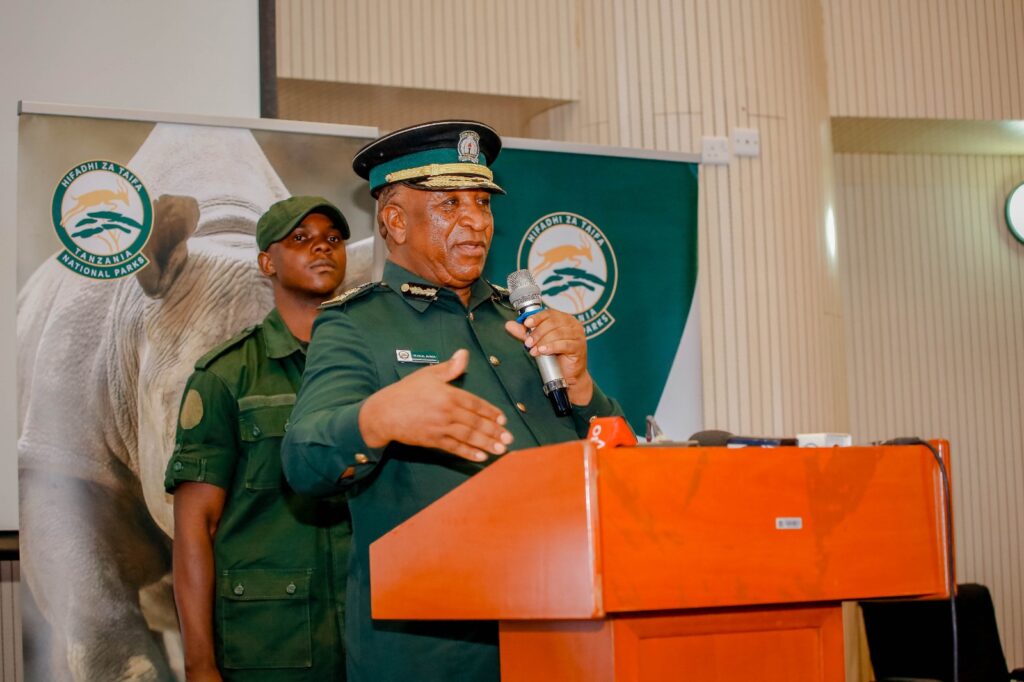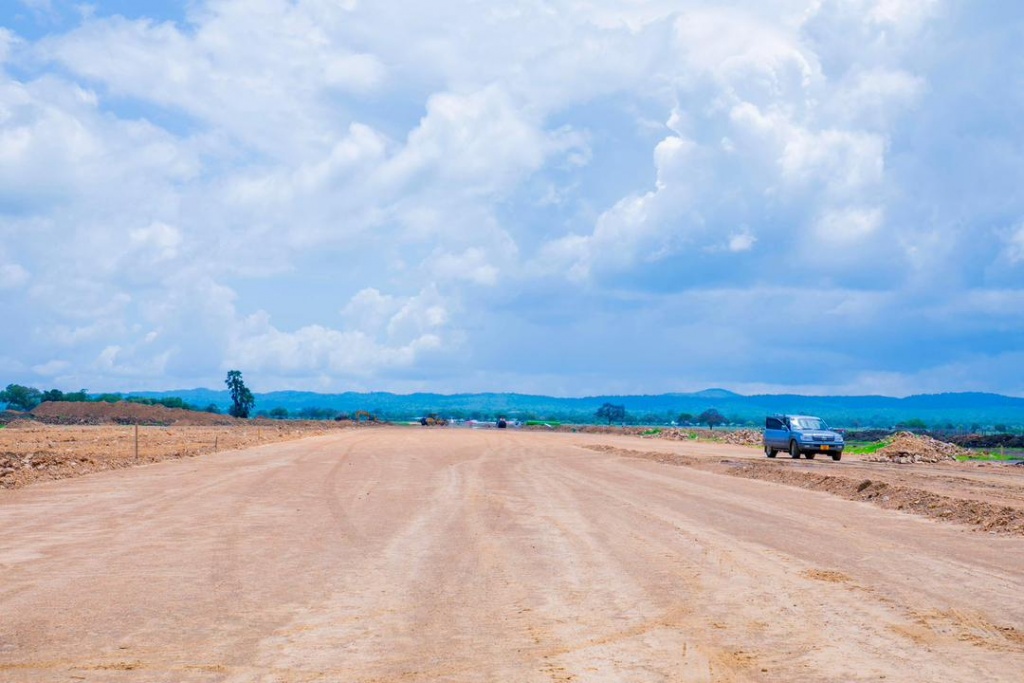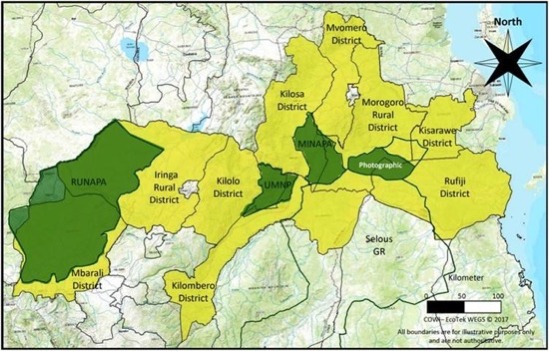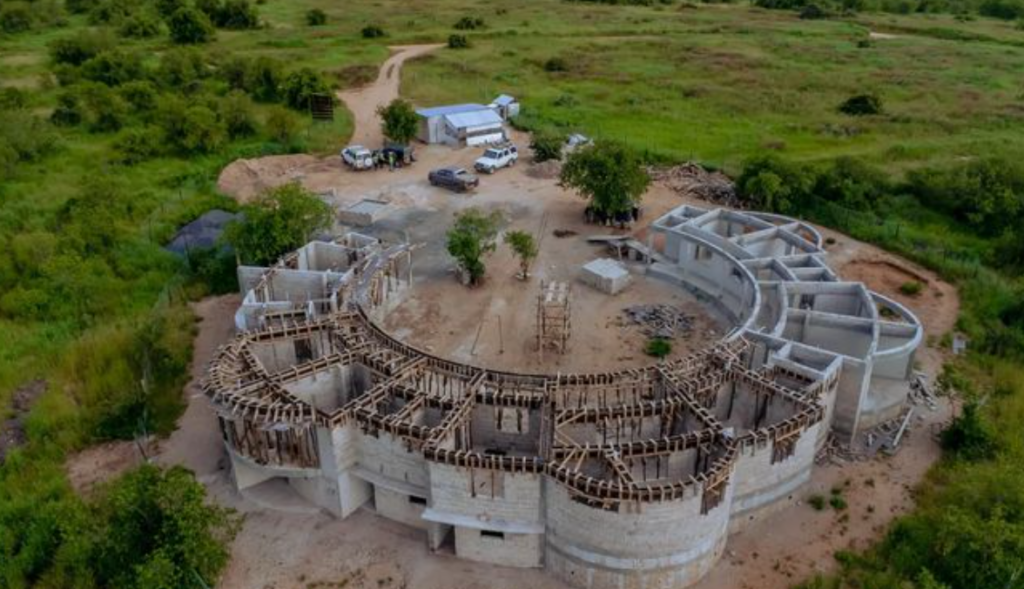Dar es Salaam. Tanzania National Parks Authority (TANAPA) has said business interests are behind a case which has been filed against the major tourism improvement project in the southern circuit.
This was said in Dar es Salaam today by the Tanzania Conservation Commissioner, Mussa Kuji, when briefing journalists in a meeting arranged by the Treasurer Registrar (TR) Officer.
Late last year, World Bank directed an investigations into human rights abuse committed by TANAPA after around 20,000 villagers bordering Ruaha National Park petitioned the global lender who is also financing the project through a $150 million.
In their petition the villagers blamed the global lender for violating its policies in implementing Resilient Natural Resource Management for Tourism and Growth (REGROW) project in southern Tanzania.

Elaborating, Mr Kuji noted that there were some investors who had dominated tourism business in the southern circuit for many years who were threatened by the project.
“They thought that this project is going to affect their business something which is not true. This project has no sinister motives against anybody. Its intention is to improve tourism in the southern circuit which for many years had been abandoned,” said Commissioner Kuji.
On the other hand, TANAPA Commissioner for Conservation and Business Development, Herman Bathiho questioned patriotism of the villagers who have filed the case.
“How can you use a foreign firm and file an international case against your own country which is implementing a project aimed at improving your life? This is lack of patriotism,” he said.
He was referring to a decision by the villagers to use US based firm, Oakland Institute to file their petition with the World Bank.

Last November the Board of Executive Directors of the World Bank announced that it had approved a recommendation to investigate the REGROW project following claims that some policies governing projects implementation were violated, including allowing the involuntary resettlement of indigenous people.
The approval followed a request for inspection from two anonymous Tanzanians who, through Oakland Institute, wrote to the World Bank Accountability Mechanism on June 20, 2023, alleging several human rights violations that occurred during the implementation of the project.
The $150 million project was meant to be accomplished on February 2025. Its main objective is to “improve management of natural resources and tourism assets in priority areas of southern Tanzania and to increase access to alternative livelihood activities for targeted communities.”
The project, implemented by the Ministry of Natural Resources and Tourism, has four components. Its third component concerns strengthening landscape management and infrastructure investments in and upstream of the Ruaha National Park.
But the villagers accused the World Bank of violating its policies and procedures, including guidelines on Involuntary Resettlement and Indigenous Peoples, leading to numerous violations that have threatened the lives of thousands of people.

For example, they claim that communities in five villages adjacent to the Ruaha National Park who were notified that they were going to be evicted to pave the way for the project faced violence and threats of retaliation, which created constant fear among affected communities.
The complainants also allege that over the past two years, villagers’ cattle have been seized in large numbers impacting several pastoralists who inhabit the project area.
They claim that the Bank failed to trigger its policy on Indigenous Peoples, causing irreparable harm to the identity, culture, and rights of the Indigenous communities in the project area.
The policy requires that indigenous peoples be informed, meaningfully consulted, and mobilised to participate in identifying, planning, implementing, and monitoring World Bank-financed projects.
Following the request, the World Bank team visited Tanzania from August 21 to September 2, 2023, to assess its eligibility, submitting its Report and Recommendation to the bank’s Board of Executive Directors on September 19, 2023, recommending the investigation.



webové stránky jsou opravdu pozoruhodné pro lidi zkušenosti, dobře,